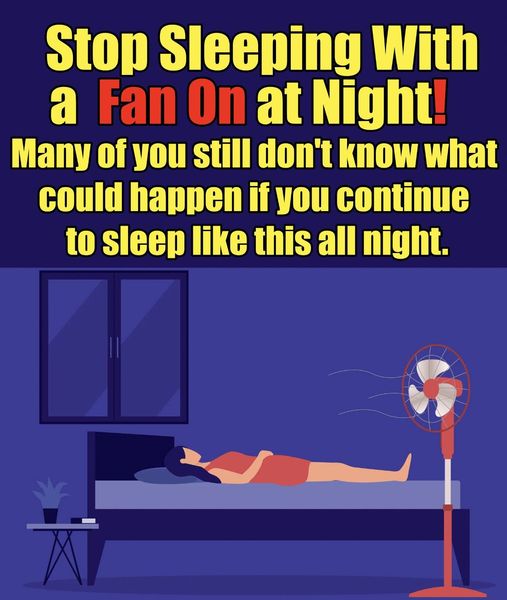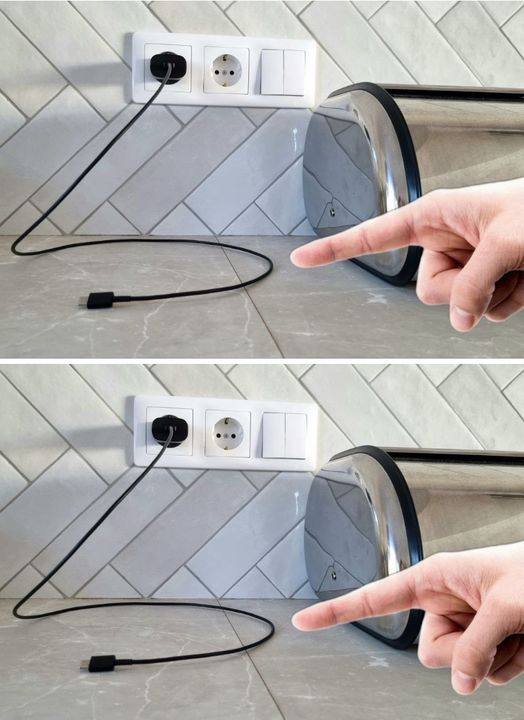Achieving Better Sleep with Room Temperature
As we age, it becomes increasingly important to prioritize our sleep and ensure that we are getting the rest we need to stay healthy and energized. Dr. Kelvas, a sleep expert, highlights the impact of room temperature on our ability to fall asleep and stay asleep throughout the night.
When the room is too hot or cold, our bodies struggle to regulate the hormones necessary for a good night’s sleep. This can lead to difficulties in falling asleep and staying asleep. The ideal room temperature for promoting healthy sleep is between 60 °F (15.5 °C) to 68 °F (20 °C), according to the Sleep Foundation.
Understanding the interplay between temperature and our bodies is crucial. Our bodies have a built-in thermoregulatory mechanism that allows us to maintain a healthy internal body temperature regardless of the ambient temperature. Sweating and shivering are two primary mechanisms our bodies use to cool down or generate heat, respectively. Blood vessel dilation and constriction also play a role in regulating body temperature.
When it comes to sleep, temperature continues to have an impact. Throughout our evolution, temperature has served as a cue for sleep and wake time. As our core body temperature drops, we enter slow-wave sleep, which is crucial for our overall well-being. Conversely, if the room is too warm, it can negatively affect REM sleep and slow-wave sleep. Humidity also has an impact on sleep quality, with higher humidity levels decreasing REM sleep and slow-wave sleep.
Sleeping in a cold room offers several benefits. It helps release melatonin, the sleep hormone, and prevents the rise of cortisol, the stress hormone, which can disrupt sleep. Falling asleep faster and spending more time in restorative sleep phases, such as REM and slow-wave deep sleep, are additional benefits of a cool room. Moreover, sleeping in a cold room can increase brown fat activation, which promotes weight management. It also improves insulin sensitivity, reducing the risk of type 2 diabetes, and may help prevent Alzheimer’s disease.
If you don’t have access to a thermostat, you can still take steps to optimize your sleep environment. Taking a warm bath or shower in the evening can help to drop your body’s internal temperature and prepare it for sleep. Research has shown a positive correlation between water-based passive body heating and various sleep metrics, including sleep onset, total sleep time, and sleep efficiency.
Prioritizing your sleep and creating the right sleep environment, with the optimal room temperature, can have a significant impact on your overall health and well-being. So tonight, remember to dial down your thermostat and enjoy the benefits of a cool room for a better night’s sleep.






